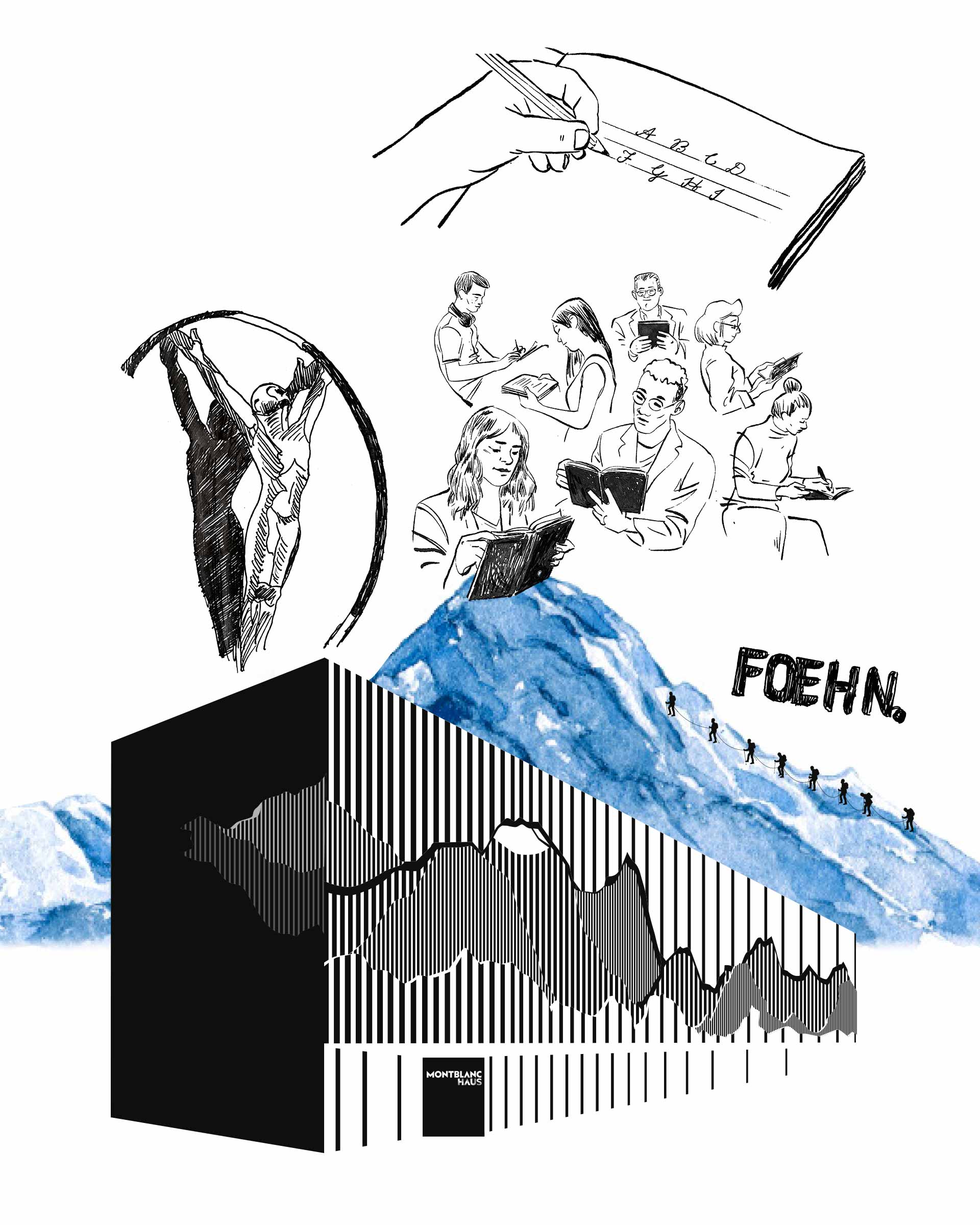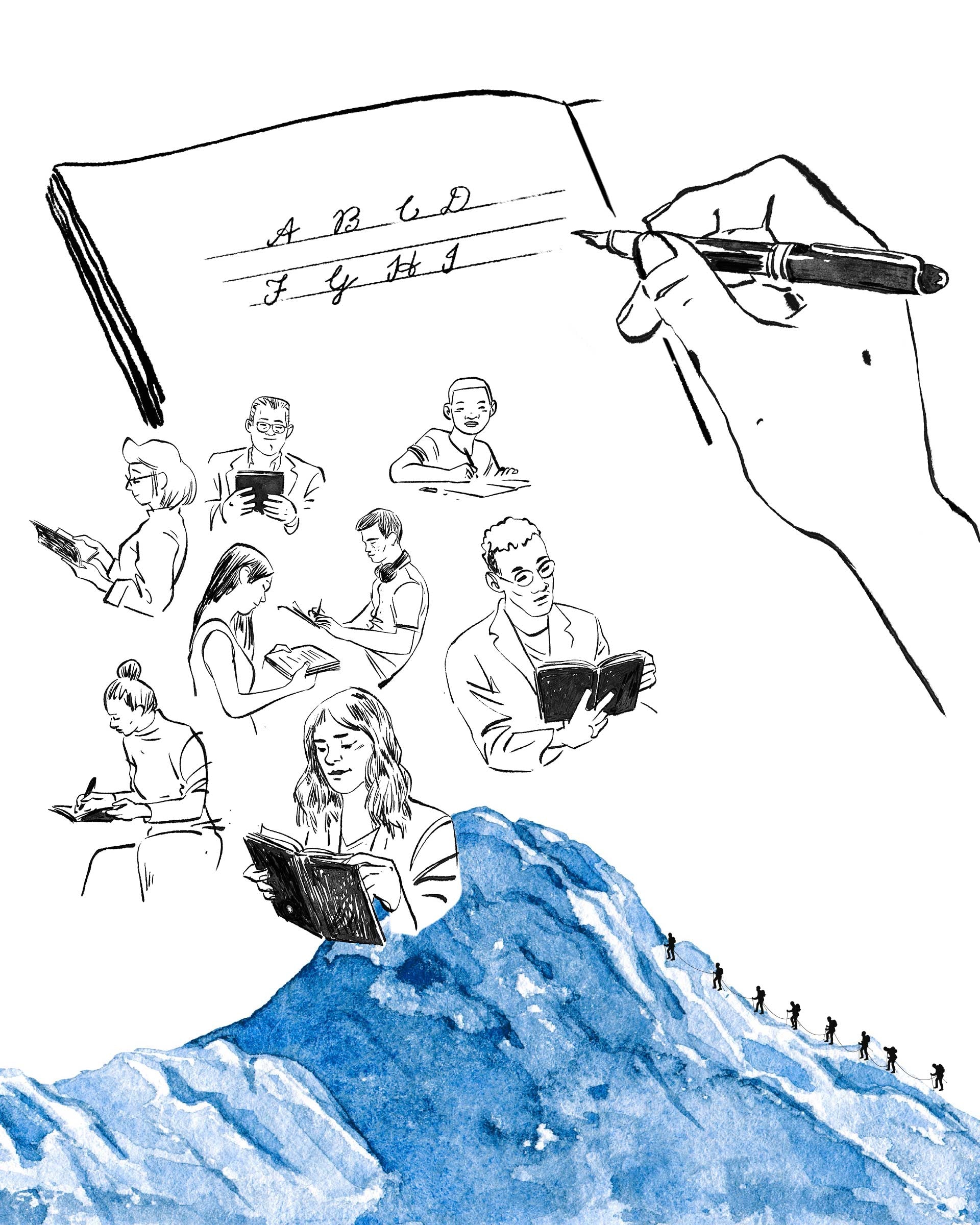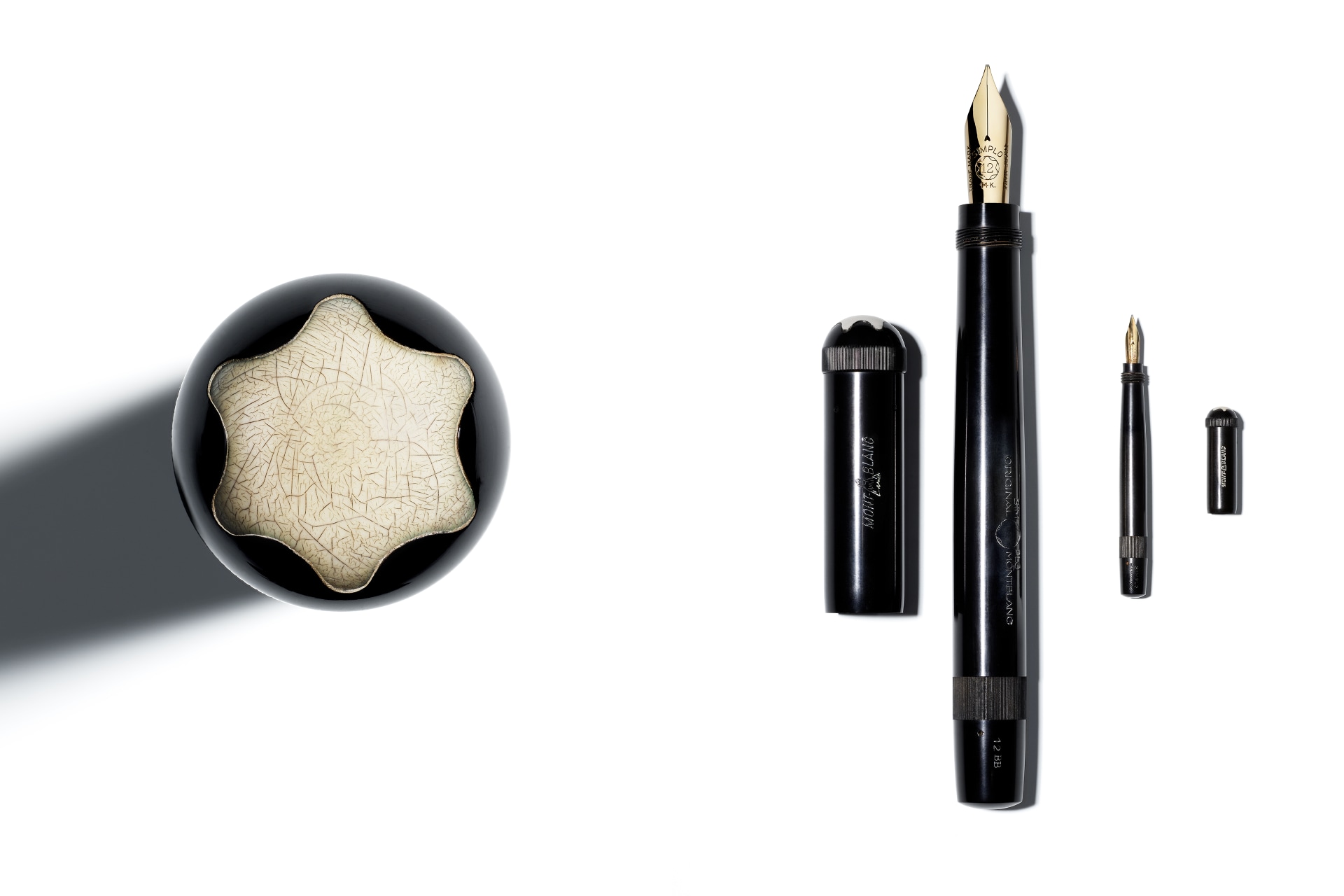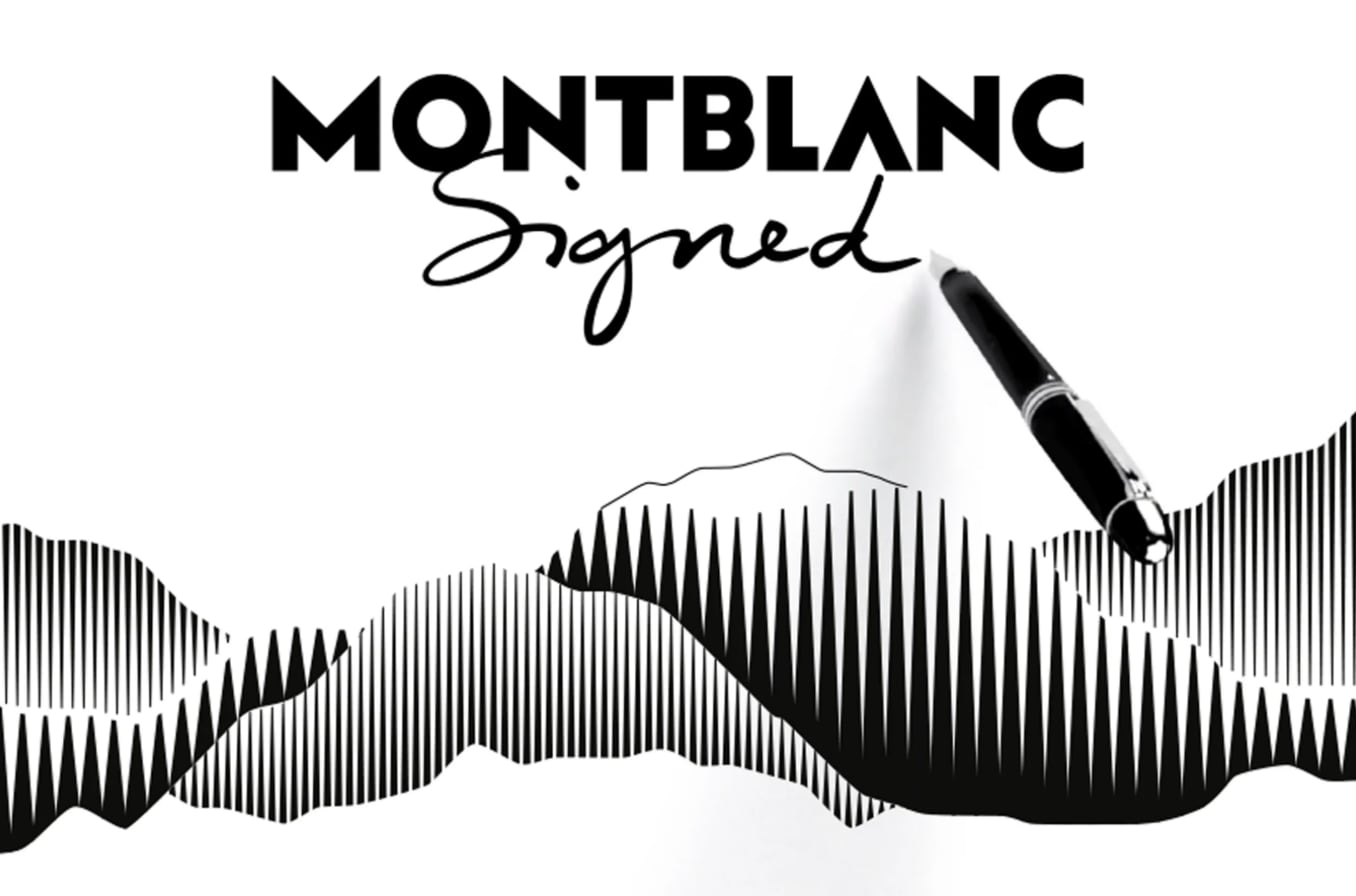Sustainability At Montblanc
Sustainability is integral to the Group’s long-term vision and guides how it operates as a responsible business. At Montblanc, we play our part in mitigating our impact on the planet, including by minimising carbon emissions, adopting circular economy practices and through sourcing our materials responsibly. To learn more, please refer to: https://www.richemont.com/sustainability)
Power of writing
Writing not only helps us to develop our communication and thinking skills but also allows us to express who we are as people. For us, as a brand, it is the most authentic and meaningful way we can give back to society. This is because we truly believe that no matter the background, everyone should have the opportunity to leave a mark through writing.
In that spirit, the Montblanc Cultural Foundation and the Maison created the global educational initiative "Dear Future" to educate youths around the world about the beauty of writing. Check out additional information about Dear Future and how we enable kids and young adults to leave their mark here.

Craftsmanship
Attention to detail, innovation, pioneering spirit, passion for craftsmanship and a sense of quality define Montblanc. Our work environment fosters our employees to develop their skills in the best possible conditions, always pursuing further refinement of Montblanc’s craftsmanship.

Corporate Environment
It makes us proud to see Montblanc has grown into the diverse organization it is today. We appreciate the community of outstanding personalities from different cultures, social backgrounds, ages and genders as a major driver of success. At Montblanc, our aim is to create an inclusive environment where everyone can be who they are and is invited to share their own ideas. The way we aim at achieving this is through awareness and education on this topic through trainings and cross-functional networks as well as elimination of institutional barriers. Examples of initiatives towards this goal include: flexible work structures, inclusive decision making, and casual round table meetings, just to name a few.




















.svg)